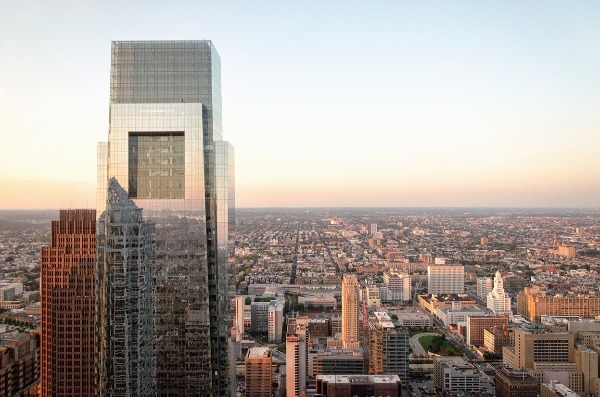Media

Philly’s Soda Tax is Legal But Not Beneficial
This week the Pennsylvania Supreme Court upheld Philadelphia’s soda tax, citing the Sterling Act as grounds for their decision. While supporters celebrate their good intentions, the tax is filled with problems.
Soda tax revenue fell almost 15% short of projections in 2017, forcing Mayor Kenney’s administration to cut back on its promises. As of April 2018, tax collections are falling short of 2017’s numbers, indicating the city may need to adjust once again to under performing revenue collections.
Furthermore, research shows the pre-k programs the tax funds aren’t beneficial long-term.
The bottom line: this ruling doesn’t make the soda tax a good policy.
According to Oxford Economics, the tax will cost Philly 1,200 jobs, $54 million in labor income, and $80 million in annual GDP. Everyone wants to improve the educational system for their children, but is it worth putting Philadelphians out of work for education gains that disappear by the third grade? There is a better way to help kids without harming adults.
If Mayor Kenney and the rest of Philadelphia’s leaders want to improve education, they would be better off expanding school choice by advocating for a fair and robust charter application process, expansion of tax credit scholarship programs and creation of Education Savings Accounts that allow parents to customize their child’s education.
Responding to the ruling, Philadelphia Council President Darrell Clark wrote,
I have always been sympathetic to the Philadelphians most affected by this tax — from small corner store owners to low-income consumers — and I will continue to insist that the economic benefits of the Philadelphia Beverage Tax be invested first and foremost in our most vulnerable communities.
In other words, politicians are raising taxes on Philadelphians because they know how to spend money better than city residents. The hubris is deafening.